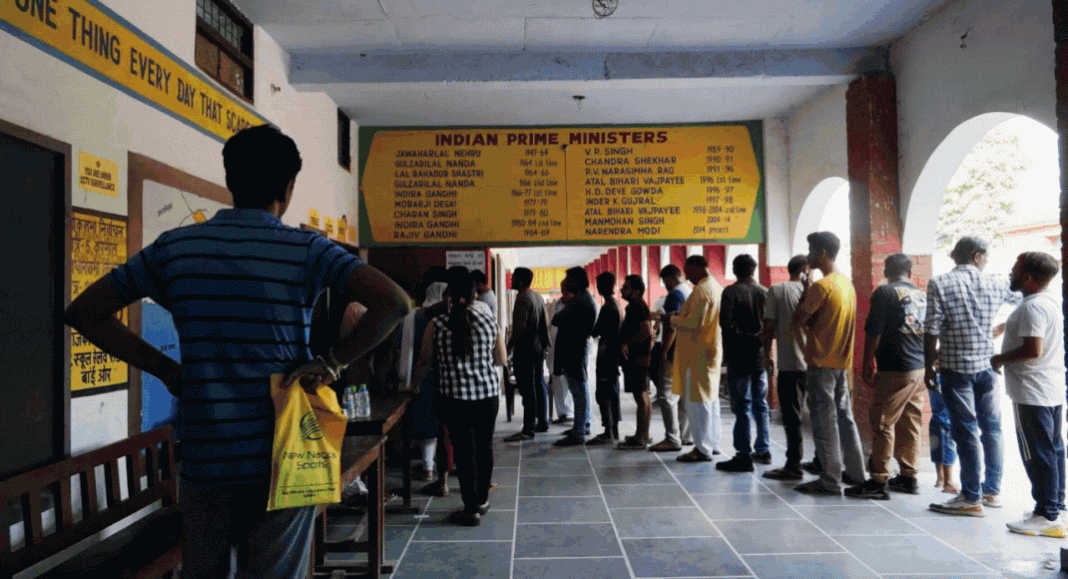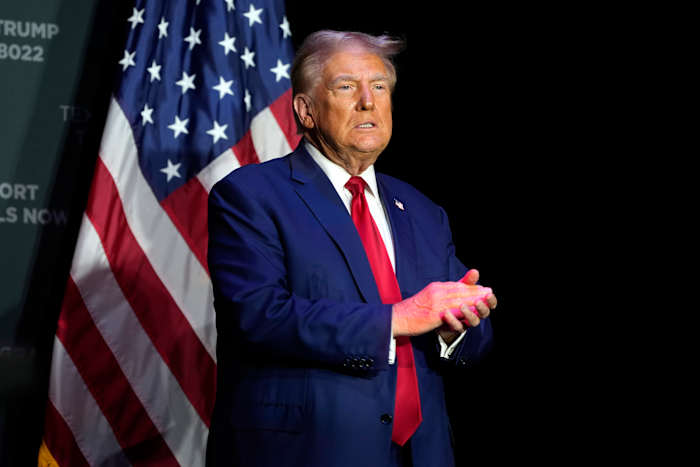Haryana Election 2024: Nuh District Sees High Voter Turnout Amid Clashes
In a vibrant display of democracy, the Nuh district of Haryana recorded an impressive voter turnout of 72.2% in the 2024 assembly elections, surpassing the 71.4% turnout from the previous elections in 2019. This surge in participation reflects a growing engagement among the electorate, even as the day was marred by a few clashes between rival political factions.
As the clock struck 8 PM on Saturday, the Nuh assembly seat emerged as the star performer, boasting a turnout of 73.9%. Close behind were Ferozepur Jhirka and Punhana, with turnouts of 73.2% and 69.5%, respectively. These three constituencies, part of the Gurgaon Lok Sabha constituency, have consistently shown high voter engagement. In fact, Nuh had the highest turnout in 2019 as well, with a notable 73.51%.
Looking back, the voter turnout in Nuh was even higher in 2014, reaching 77.98%, while 2009 saw a turnout of 73.02%. This trend suggests that while voter participation is fluctuating, the residents of Nuh are increasingly keen to make their voices heard.
The younger voters in Nuh are particularly vocal about their aspirations, calling for more job opportunities and educational institutions to help them thrive. Women voters, on the other hand, are emphasizing the urgent need to tackle water scarcity, a pressing issue that affects their daily lives. The electorate is also advocating for improvements in power supply, healthcare facilities, and overall development, aiming to shed the district’s “backward” label.
However, the election day was not without its challenges. Reports of clashes surfaced from various locations in Nuh, highlighting the intense political rivalry. In Khwajalikala village, a confrontation erupted between supporters of Congress candidate Mohammad Ilyas and independent candidate Raees Khan over allegations of fake votes, resulting in injuries to two youths. Similar tensions flared in Gulalta village, where supporters of the two candidates clashed again. The situation escalated further in Chandni village, where a violent altercation broke out, underscoring the heated atmosphere surrounding the elections.
Despite these incidents, the high voter turnout in Nuh signals a strong desire for change and progress among its residents. As the results continue to unfold, all eyes will be on how these dynamics play out in the coming days, shaping the future of Nuh and its constituents.



